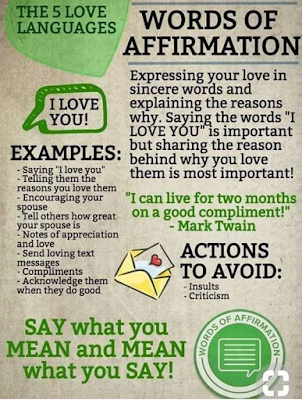Ha! Did you laugh when you read the title of this post? I chuckled to myself as I typed it. :)
It's these kinds of sayings that get me all kinds of riled up. Of course, there's nothing wrong with learning something from a painful experience or a "trial," but it's okay to wait until you're through it first. Also, I'm pretty tired of people assuming that every struggle in life happens simply to teach us something. That's not how the laws of nature work, that's not how free will works, and I'm certain that's not how God works.
When I saw this on the internet last week, I practically blew a fuse.
Not only is this NOT reassuring, it's insulting. I'll be damned if all single people have to learn the responsibility of commitment and all married people have already learned it. It reminds me of this precious memory:
My apartment had been broken into. The thief had gotten in by throwing a large rock through the sliding glass door in the living room. He cut himself on the glass, bled all over the place, and stole mine and my roommate's laptops, jewelry, backpacks, and I don't even remember what else. We had to clean up this stranger's blood, and somehow learn to feel safe in this apartment that we were stuck with. It was also the last two weeks of the semester, and I had research papers and projects on my laptop. I had to ask my professors for extra time to finish everything (or start from scratch), and I was exhausted and depressed and quite frankly, scared. I also had to buy a new laptop, which was a huge hassle. Not long after the break-in, I was talking about how I was feeling with some friends. One of them said, "Well, just think: This person probably needed your stuff more than you did."
I couldn't believe my ears. I think I just quickly ended the conversation and left. And at that moment, I vowed I would never say anything so ridiculous and foolishly optimistic and insensitive to anyone, ever. I hope I've lived up to that promise to myself.
In that vein, I want to present to you the following image I also saw on the internet; it's a stark contrast to that dumb quote above:
These are examples of things we should be saying to each other. These are the things love is made of.
Don't know what to say when a friend's father dies? When someone has cancer? When someone just feels blue? Do some research. Google it. Talk to other people who have been through something similar and ask what they wanted to hear when they were going through that same thing. Don't say, "Let me know how I can help"––just find a way to help! Help without asking! Buy a meal and have it delivered, write a kind note, send flowers, be a distraction. Do anything except say something like, "What can you learn from this?"
Thing I'm thankful for: vegetarian chili!













